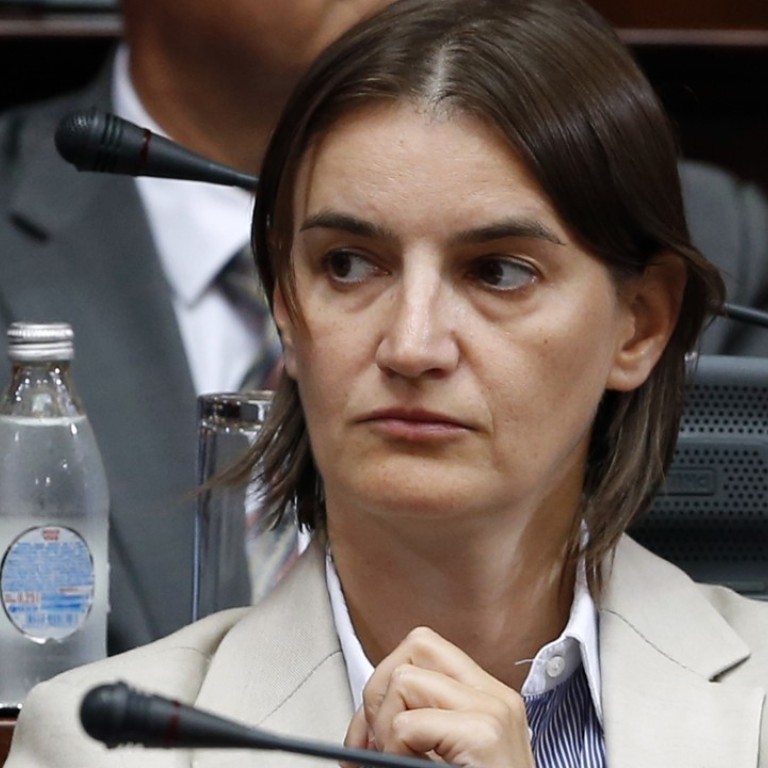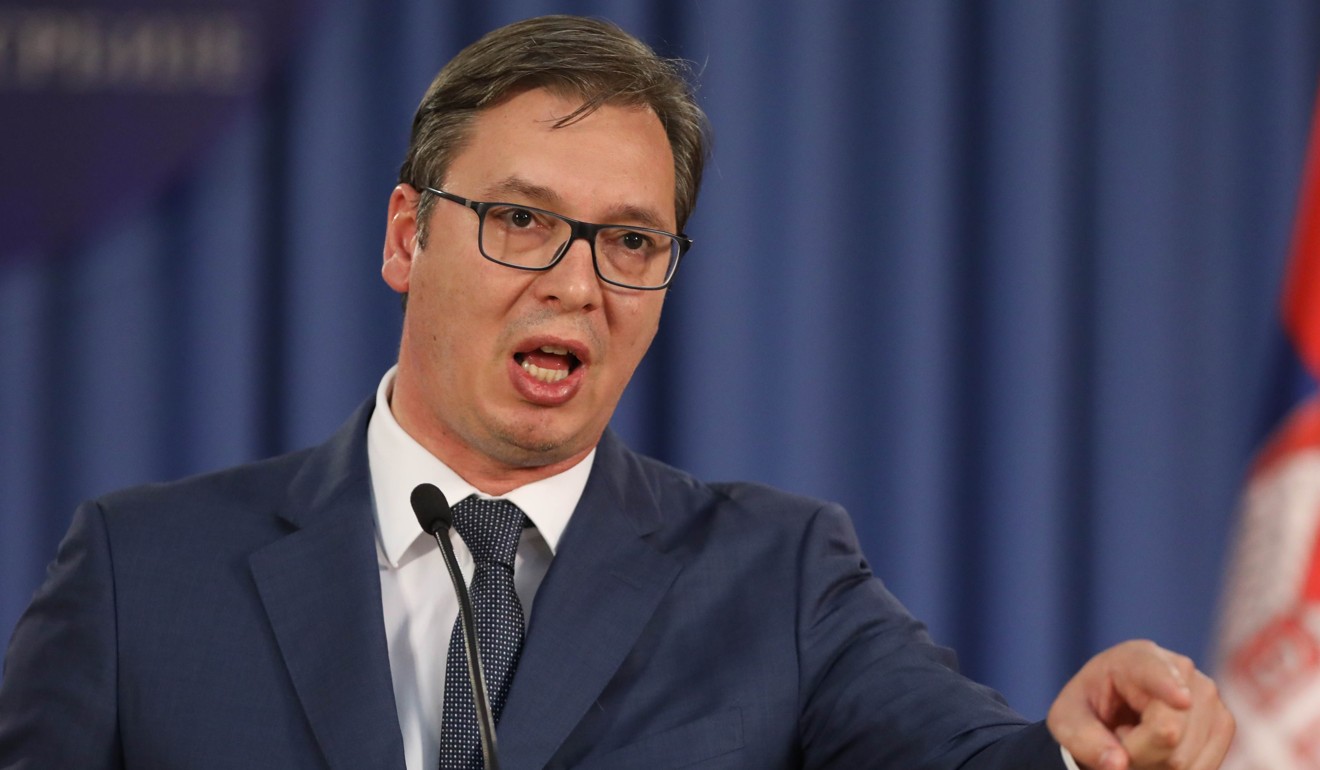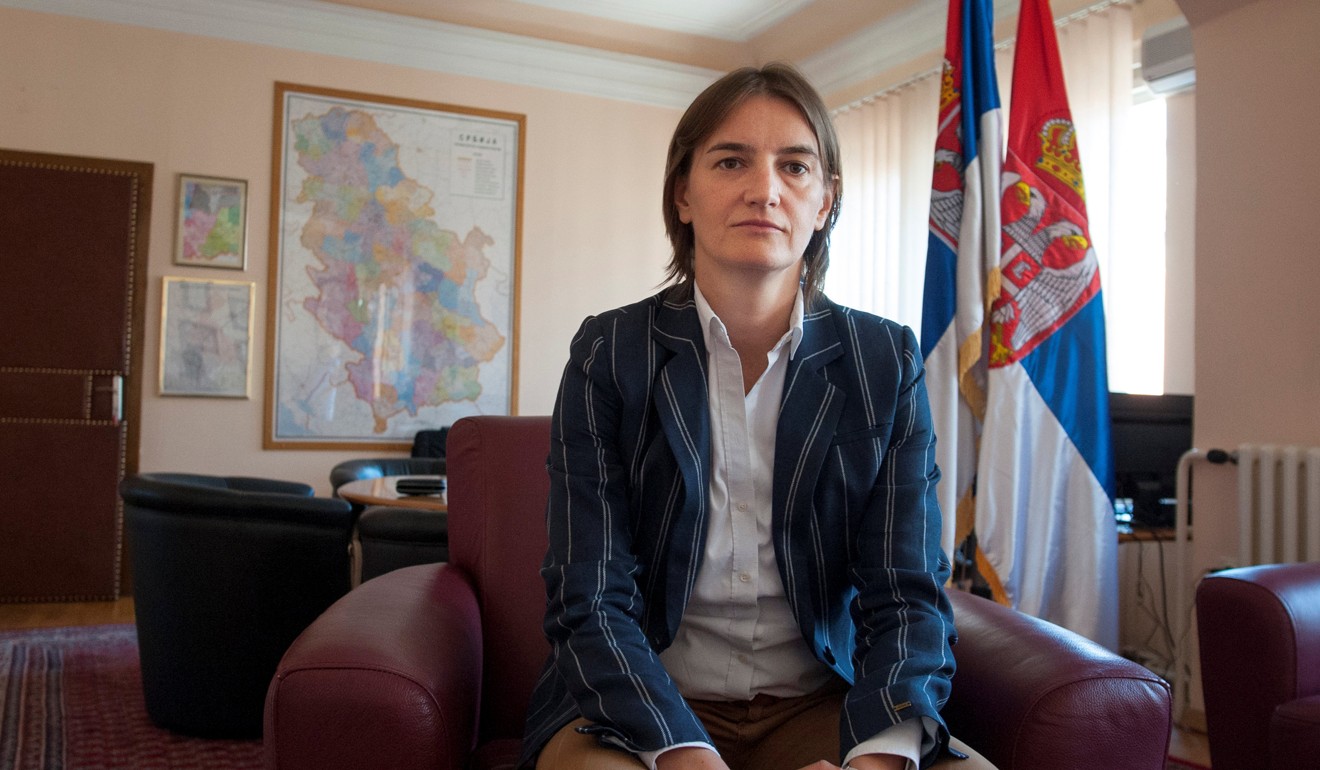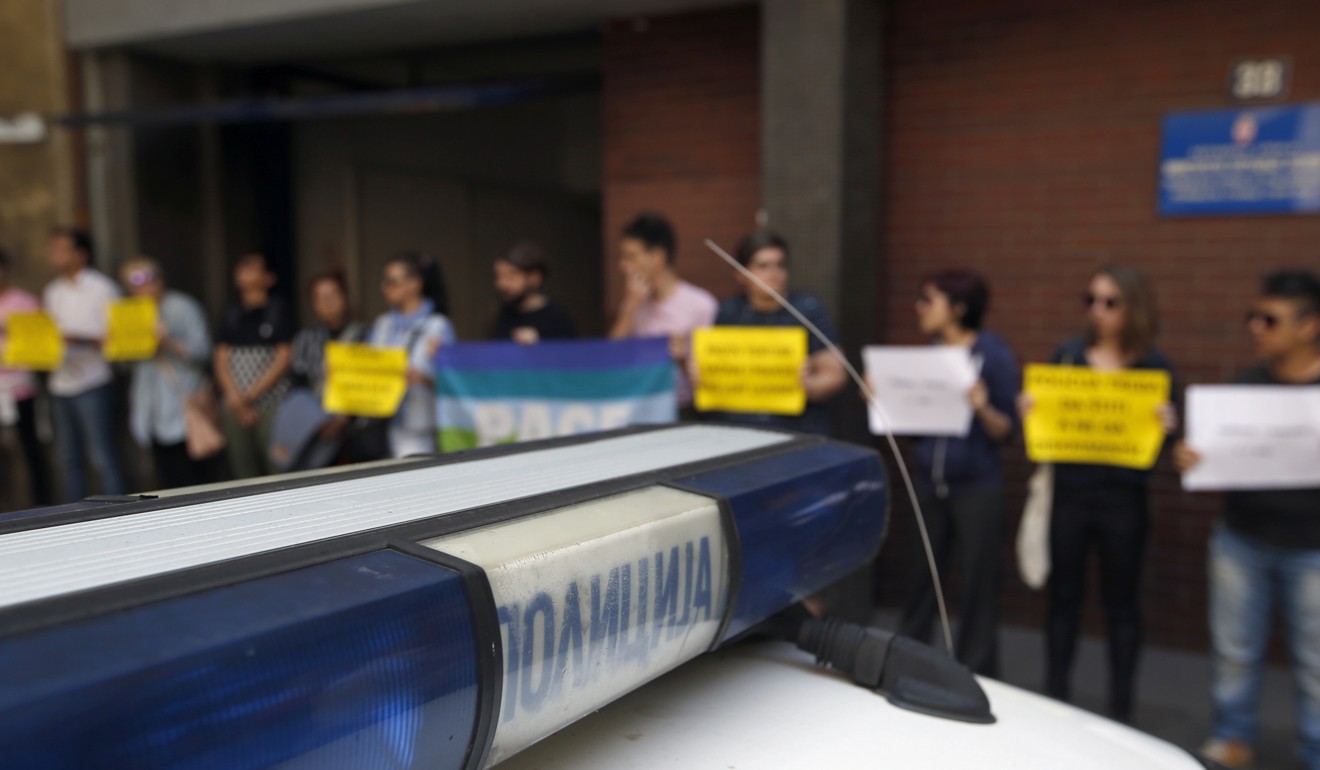
Serbia’s new prime minister is female and gay, a double first for the Balkan country
A gay woman has been appointed prime minister of Serbia in a double first for the EU-candidate state.
Ana Brnabic, 41, a graduate of the University of Hull in England, is the Balkan nation’s first gay PM and first female PM.
Brnabic’s appointment, which comes in the same week that Leo Varadkar was formally elected as Ireland’s first gay PM , is all the more remarkable given that virulent homophobia is still widespread in the Balkans.
The Serbian president, Aleksandar Vucic, announced on Thursday evening that he was giving Brnabic, a non-party technocrat, the mandate to form a new government, describing her as “hard-working, [with] professional and personal qualities”, the Serbian news agency B92 reported.
Vucic, who handpicked Brnabic to succeed him as prime minister following his election as president in a landslide victory in April , is expected to remain the most powerful figure in the country. He said the Socialist foreign minister, Ivica Dacic, who has been standing in as prime minister, would “essentially lead the political part” of the government. Dacic, like Vucic, was an ally of the late Yugoslav strongman Slobodan Milosevic, and is regarded as being on the pro-Russian and nationalist side of the government.

Brnabic entered politics just last year when she became Serbia’s first openly gay minister, heading the ministry for public administration and local self-government. She studied in the US and graduated in Hull with a marketing MBA in 2001, before returning to Serbia to work in the wind power industry and then for US-funded development projects.
Goran Miletic, a civil rights activist and Belgrade Pride organiser, said: “Even in some western countries it would be big news and a positive signal if a gay or lesbian person became prime minister or minister. It is even more important for a country where 65 per cent believe that homosexuality is an illness and 78 per cent think that homosexuality should not be expressed outside homes. The appointment of a lesbian can only be a positive message.”
Miletic said LGBT rights were a low priority both for the government and international community, though Vucic’s administration had made some progress, including on legal recognition of gender reassignment.

Violence and discrimination are widespread and recourse to justice after homophobic attacks limited by social stigma. Belgrade’s high-profile Pride parade has been suspended in the past over “security concerns” and now takes place under heavy police guard, amid protests by the far right and the Orthodox church. Miletic said respect for LGBT rights was unlikely to grow in the near future.
Brnabic will take up her role as Serbia navigates a crucial few years: the country is preparing for EU membership while retaining its traditionally close relationship with Russia, and nurturing a growing friendship with Beijing.
Although the role of prime minister is the most powerful constitutionally, Vucic is almost universally seen as retaining a grip on power via his leadership of the ruling Serbian Progressive party and his influence in various organs of state.
While openly committed to preparing Serbia for EU membership as soon as 2020, Vucic is accused by his critics of centralising power, controlling the media and turning a blind eye to corruption in his close circle.

The expectation prior to Brnabic’s appointment was that he would appoint a close ally – even a puppet – to maintain his oversight of all areas of policy. Brnabic’s relatively low profile, political inexperience and lack of a power base may give her limited room for manoeuvre.
“I do not believe that Brnabic will lead or have an impact on foreign policy,” said Boban Stojanovic, a political scientist at the University of Belgrade. “This will remain the exclusive domain of President Vucic.”
The appointment could end up being window-dressing for Vucic and Serbia, Stojanovic added. “The problem is that it will mask the real picture of the situation of civil and human rights in Serbia. The choice of a member of the LGBT community for prime minister will be used as an indicator of the state of civil and human rights, and that is not realistic.”

